Parkinson’s Centre for Integrated Therapy
World’s first integrated therapy centre for Parkinson’s Disease to launch in Canterbury!
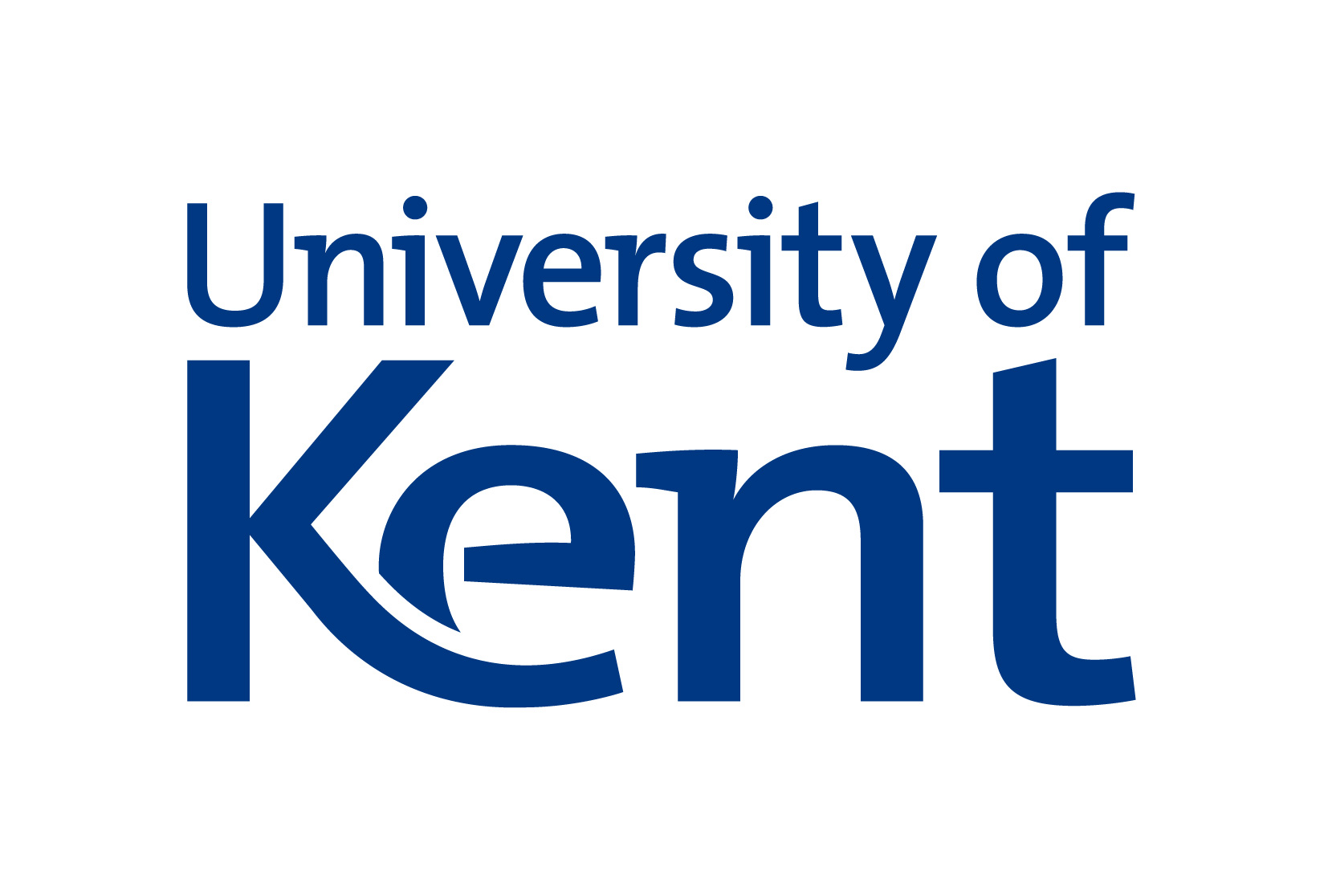
New treatments that could give hope to thousands worldwide will be at the forefront of the Parkinson’s Centre for Integrated Therapy, using ground-breaking new research led by Professor David Wilkinson that focuses on stimulating the balance organs of the inner ear to improve brain health.
Delivered through a new partnership between Parkinson’s Care and Support UK and the University of Kent, the new Centre will offer innovative forms of neurostimulation along with free access to long-standing, non-drug therapies such as physiotherapy and psychotherapy when it opens in Spring 2022.
An estimated 2,000 people will visit the Centre during its inaugural year, with its integrated approach filling a much-needed gap in the support options currently available. Covering clinical, research and education delivery, the Centre will also serve as a community hub for people with Parkinson’s and their families.
Pioneering research into therapeutic neurostimulation at the University of Kent – using headsets that stimulate the inner ear from the outside – has already shown huge potential benefits. Volunteer participants have so far reported better mobility, memory, increased independence and reduced anxiety and depression after short periods of self-administered, home-based treatment.
Ahead of launching, Parkinson’s Care and Support UK and the University need to raise £400k to support the vital work of the Centre, with the funds enabling free access to the stimulation therapy and to established non-drug therapies that help reduce the disabling symptoms that Parkinson’s drugs struggle to reach. Non-drug therapies that will be available include Parkinson’s Specific Exercise Programmes, Neurological Physiotherapy, Mental Health Therapy, Nutritional Therapy and Support, Speech and Language Therapy, Massage and Art.
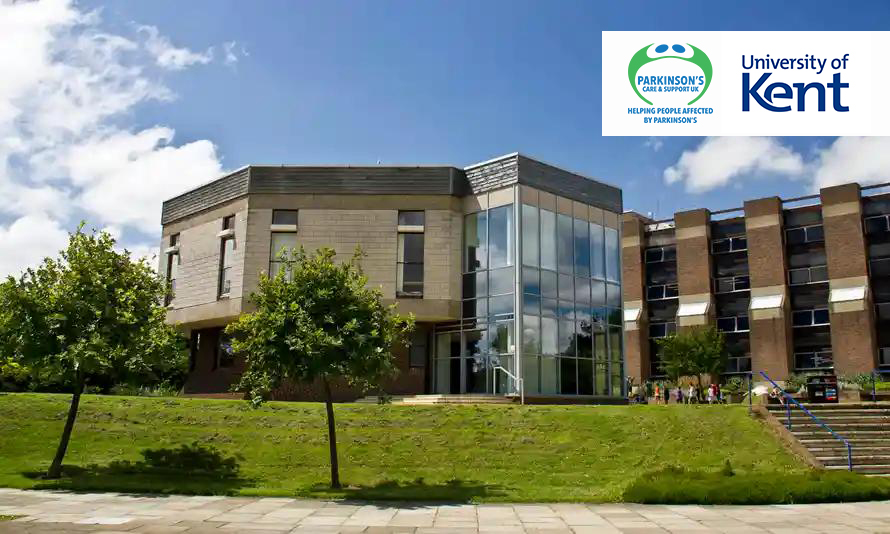
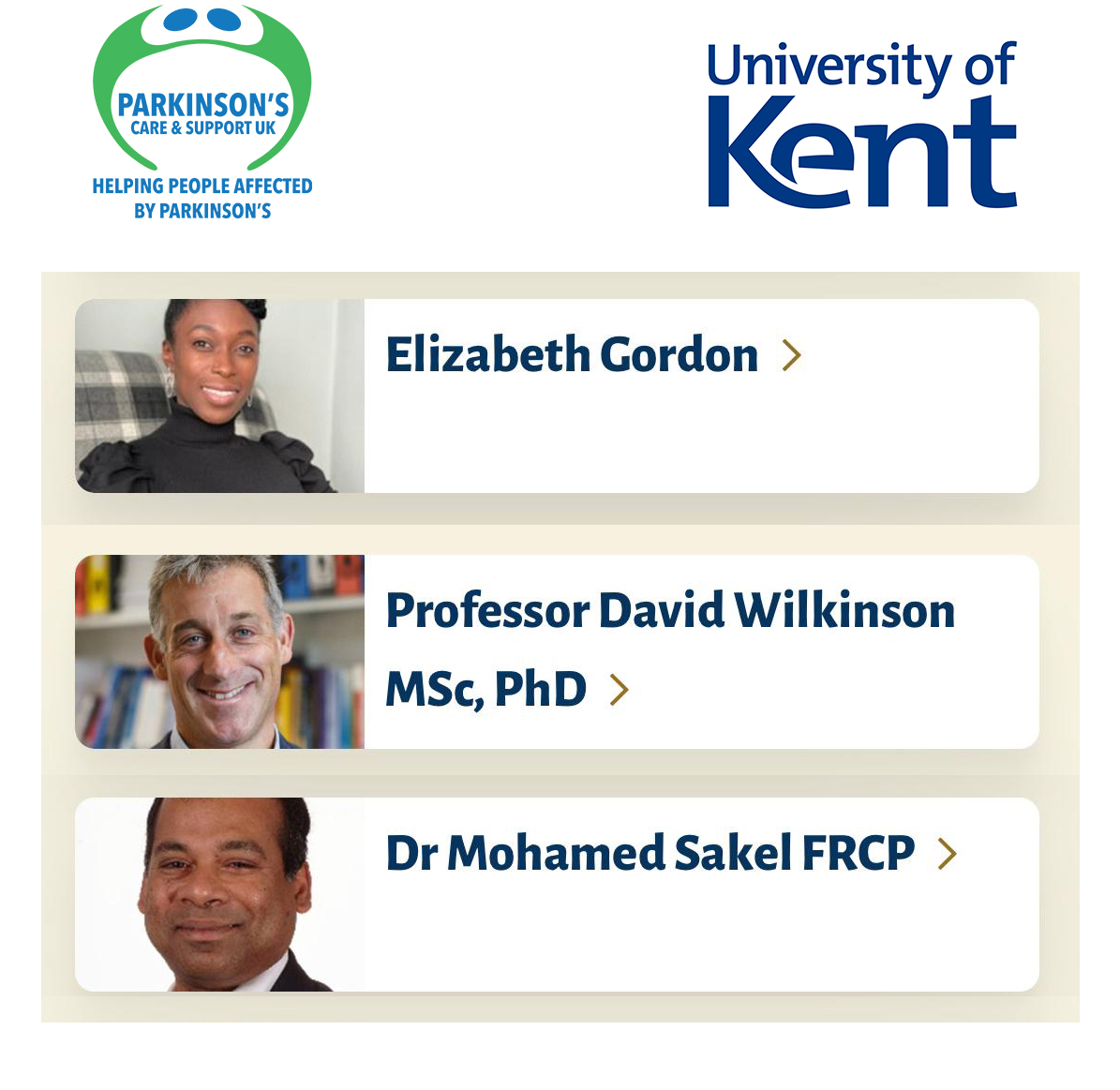
Elizabeth Gordon, Chief Executive of Parkinson’s Care and Support UK, said: ‘Parkinson’s Disease is the fastest growing neurological condition in the world, with diagnosis rates set to double by 2065. There is no cure for Parkinson’s and so it is paramount that more efforts are made so that people can live better for longer. I’m passionate about improving the quality of life for people living with the condition – the new Centre will be at the heart of this, and ensure that as many people as possible have access to a service that could have truly life-changing benefits’
Professor David Wilkinson, a pioneer in therapeutic brain stimulation, said: ‘We know that demand for non-pharmacological therapies is high but they are difficult to access and rarely available together. My hope is that the new Centre offers something new that can make a genuine difference to the lives of people living with Parkinson’s, and hopefully pave the way for ground-breaking treatments to become part of the mainstream.’
Dr Mohamed Sakel, NHS Consultant in Rehabilitation Medicine said: ‘Over the last decade, I have seen numerous patients of mine improve with non-invasive neurostimulation after the effects of their specialist rehabilitation programme and drug regimen have plateaued. After just a few sessions I have seen substantial improvements in mobility, mood, sleep and overall quality of life. I strongly support the commissioning of this new Centre which, I believe, will herald a new era of Parkinson’s treatments and provide an invaluable service to people with Parkinson’s Disease far and wide.’
Case for Support
Thousands of people live with Parkinson’s in the UK but for many, the right treatment is out of reach. We’re determined to change that – we need your help to establish the world’s first integrated therapy centre offering comprehensive support to those that need it most, while developing new treatments that could give extra hope to so many worldwide.
The Need
Parkinson’s disease is the fastest growing neurological condition in the world. There are around 145,000 people living with the disease in the UK, and diagnosis rates are set to almost double by 2065. The disease can affect anyone at any age, with thousands of people under 40 diagnosed each year. Despite some aspects being manageable with medical support, there is sadly still no cure.

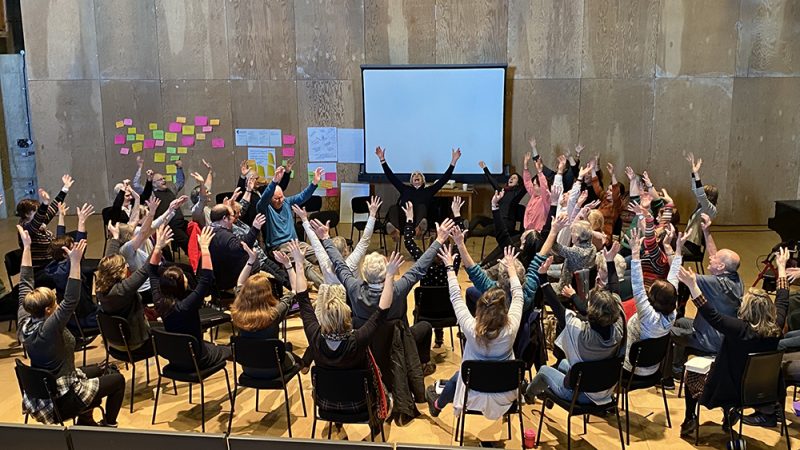
People with Parkinson’s experience a loss of nerve cells in parts of their brains which can cause tremor, slowness of movement and muscle rigidity. Non-motor symptoms such as fatigue, speech and memory loss, pain and swallowing difficulties are common. Many report mental health problems and up to 50% of people with Parkinson’s will suffer from anxiety or depression at some point during their condition.
In the early stages of the disease, the motor symptoms can be partly managed with drug medication although these can produce unwelcome side effects and are not used by everyone. Other symptoms affecting sleep, mood, pain and memory are much harder to manage with drug therapy and are a major burden to many people with Parkinson’s. Non-invasive brain stimulation, physiotherapy, speech and language therapy, and psychotherapy can all help manage these problems and are in high demand, but they are often difficult to access and are rarely found together.
Our Solution
Based at the University of Kent in Canterbury, the Parkinson’s Centre for Integrated Therapy will offer a new approach, bringing together a range of evidenced treatments and wellness resources under one roof for those that need it most. The Centre will provide free treatment for people with Parkinson’s – combining ground-breaking neurostimulation techniques delivered by Professor David Wilkinson’s team with longer-standing therapies such as physiotherapy, speech and language therapy, group exercise, group singing, physiotherapy, art therapy, mental health advice and nutritional guidance.
The work of the Centre will also help us better understand how to combine different types of therapies , and will provide educational opportunities to train the next generation of healthcare practitioners and scientists in how best to care for people with Parkinson’s.
Impact
The Parkinson’s Centre for Integrated Therapy will be a beacon of hope for thousands of people both in the UK and internationally. In partnership with University of Kent, we want this service to be available to as many people as possible as quickly as possible to help improve their quality of life and halt the progression of symptoms associated with the disease.
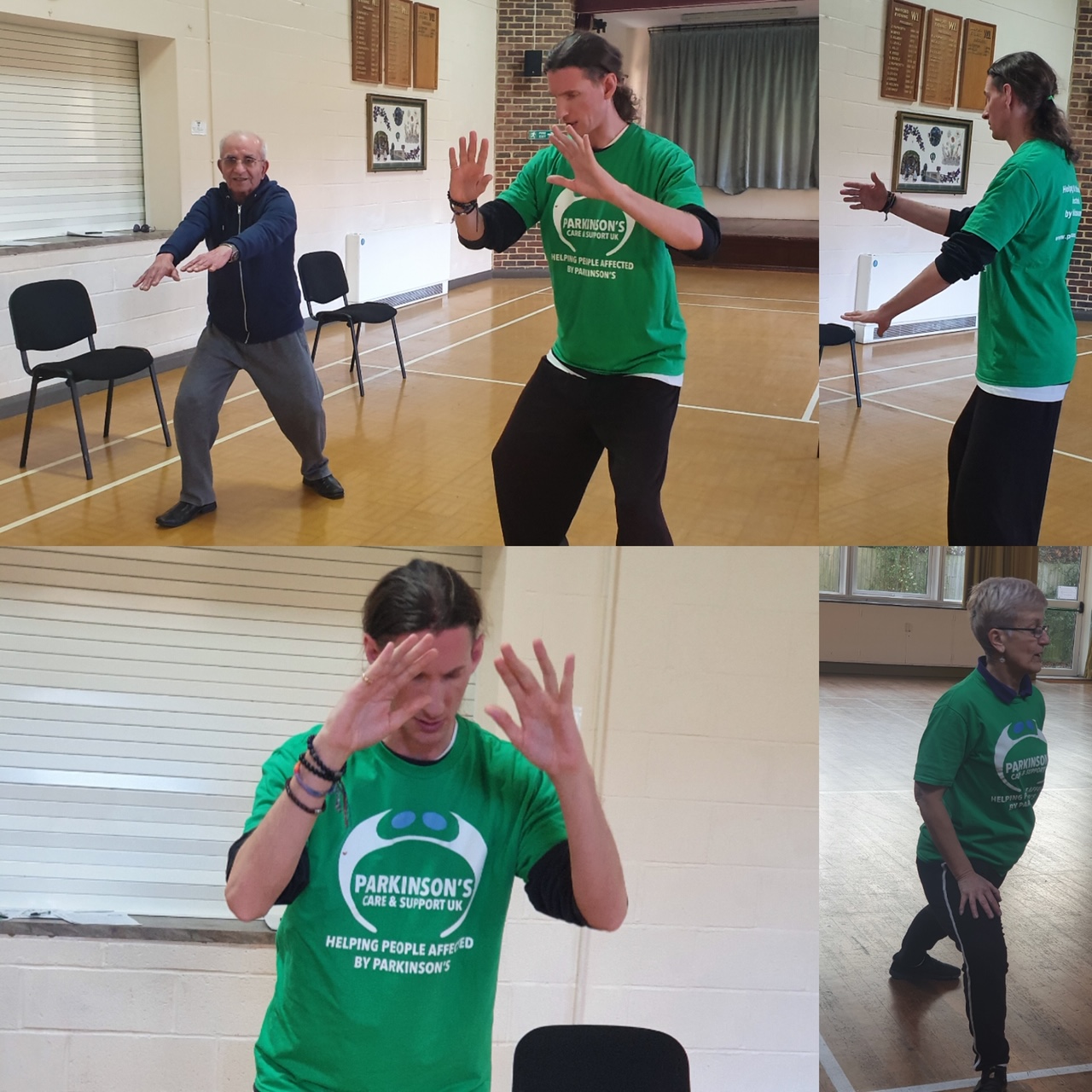

Case Study 1
Roseanne McCabe was diagnosed with Parkinson’s disease 32 years ago. Over time, despite trying a range of treatments including Deep Brain Stimulation, she found it more and more difficult to go to the shops or to the beach on her own. After hearing about David Wilkinson’s work at the University of Kent, Roseanne signed up to try the non-invasive neurostimulation device – and saw a marked improvement after just a few weeks. Her sleep got better and her balance improved to the point that she became able to get herself up from her wheelchair and take herself to the bathroom. She could now walk on her husband’s arm from the car to a restaurant; giving her back pieces of independence that had a real impact on her everyday well-being.
Case Study 2
After being diagnosed with Parkinson’s disease, Alan* began experiencing difficulties co-ordinating his movement, remembering key information or sleeping, and soon felt depressed and anxious at his condition. Two months of daily neurostimulation treatment self-administered at home led to life-changing improvements – he could now get up out of the armchair and help out with the daily chores; he could even leave the house for walks or a wander to the pub. An increase in mobility, memory and sleep were all still evident five months later, along with reduced depression and anxiety.
“I was blown-away, euphoric at my ability to walk easier.”
Volunteer participant with Parkinson’s disease.
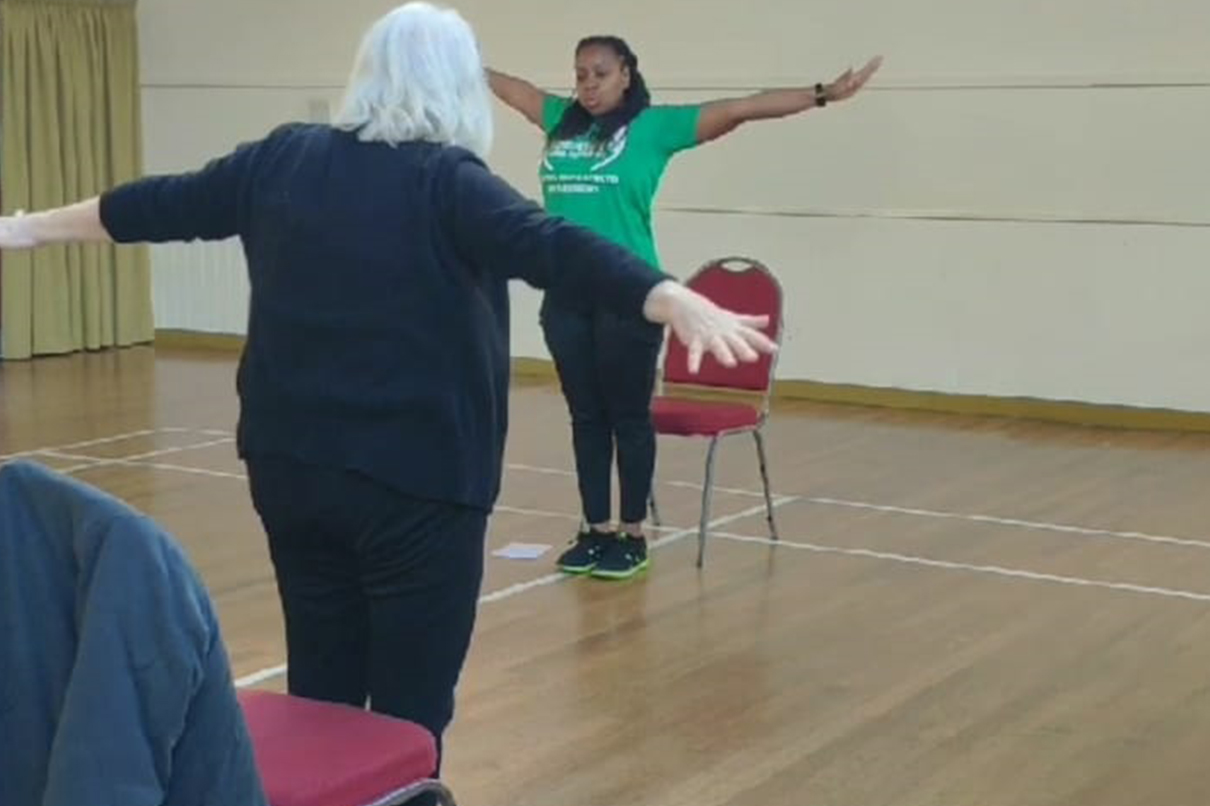

Case Study 3
Many people struggle to accept their Parkinson’s diagnosis, causing mental distress and emotional challenges. Mary Colley has been no different. After receiving Acceptance and Commitment Therapy (ACT) via the Parkinson’s Mental Health Support Hub, Mary said:
“I just wanted to say a massive thank you for all your help, compassion and support you have given me. At the beginning I couldn’t even mention my Parkinson’s diagnosis without crying. Not only have you given me the tools and techniques to move forward and deal with the negative thoughts that seemed to take over my life. I’ve also managed to get to grips with zoom meetings, which I feel was a achievement in itself!”
Case Study 4
“I was diagnosed with Parkinson’s in September 2019. Initially after I got the diagnosis it was a bombshell. I had no anticipation that it was going to be that, and I took a real nose-dive down. I gradually did research to work out how I can help myself and I found out about Parkinson’s Care and Support UK who provide specialised exercise. I started the Qigong Class, which has been extremely helpful. It has made me calm and relaxed and has helped my movement and have learned a lot of skills from it. I cannot thank Parkinson’s Care and Support enough for providing these classes.”- Agnes Blane
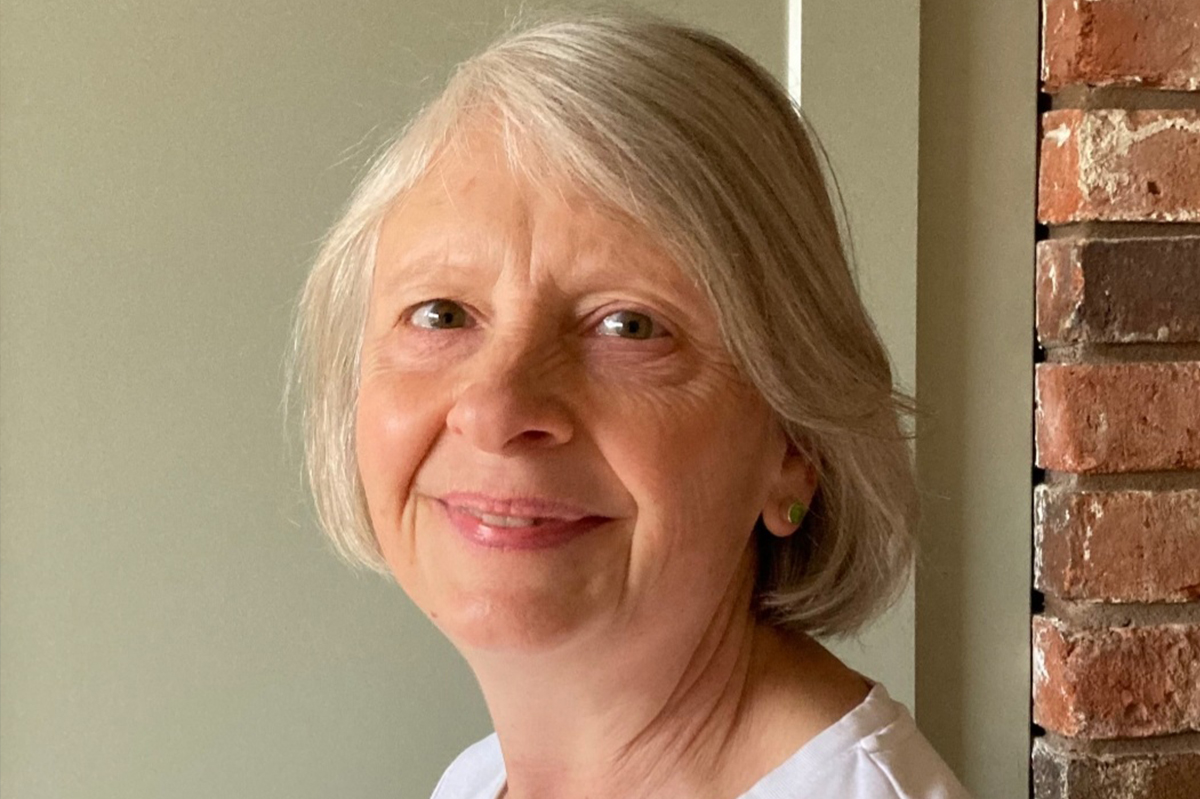
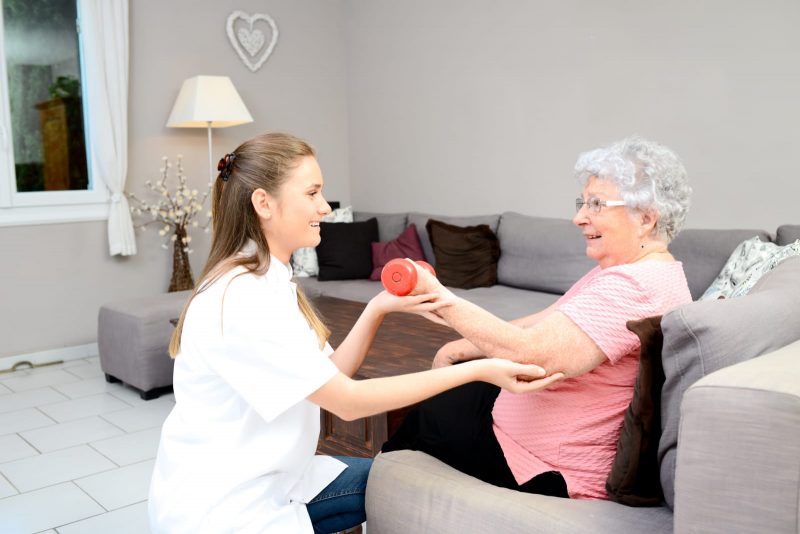
Case Study 5
“ Mrs L.S has improved significantly over the last 3 months – including her fluidity and speed of movement, her dexterity and balance. She has reported increased general strength and energy levels. She also reported noticeable improvements in the kitchen with opening cartons, chopping and when retrieving household items. Mrs L.S also felt she was more aware of her posture and more able to correct this when required.” Neurological Physiotherapist (RehabPhysioLondon) on behalf of Parkinson’s Care and Support UK.
Register your Interest
If you have Parkinson’s and would like to register as a potential patient of the Parkinson’s Centre for Integrated Therapy, please email: parkinsons@kent.ac.uk. The University will contact you when updates become available.
